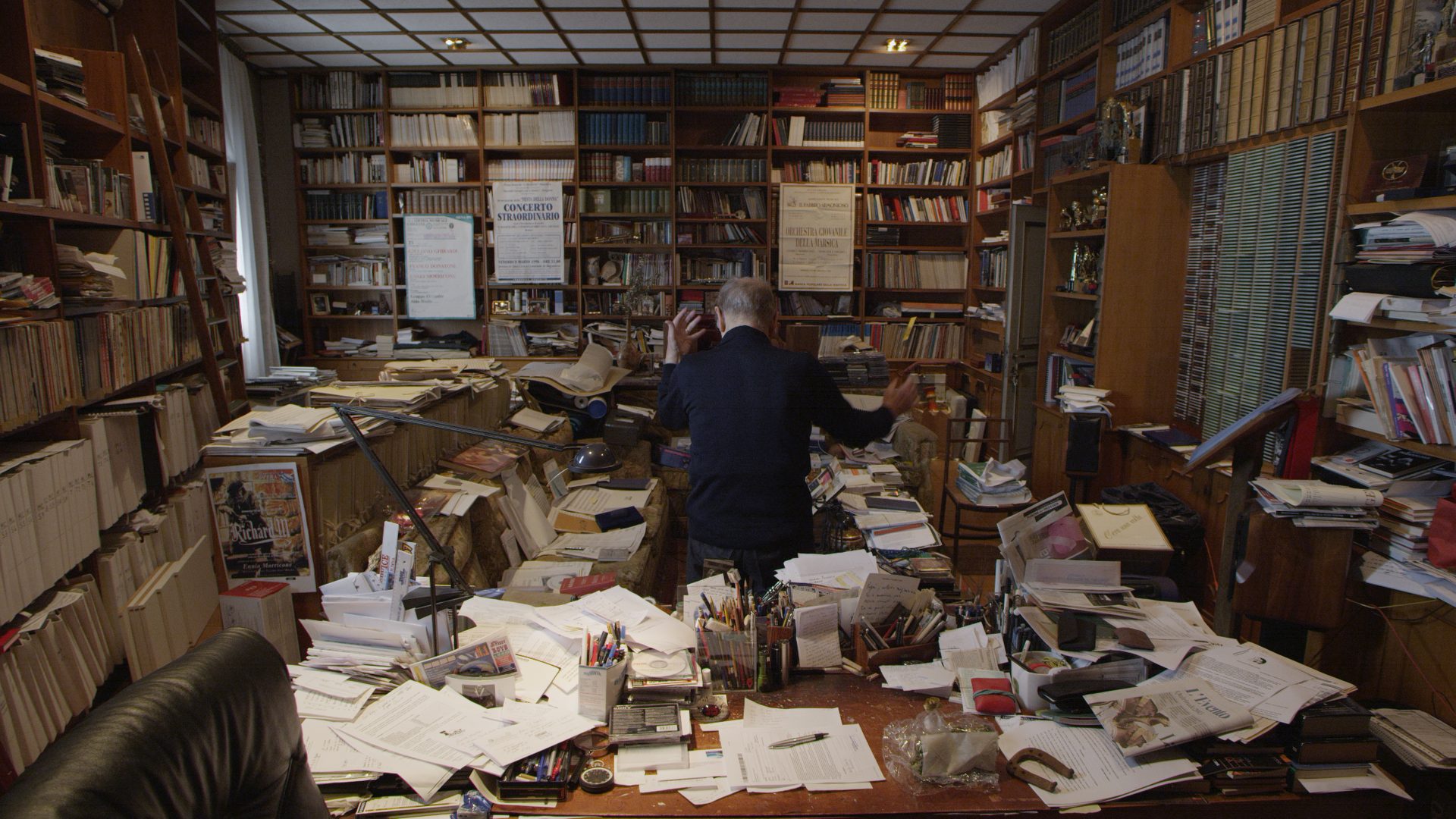Some films shatter boundaries and for ever alter what we think of popular
cinema. There’s the villain of The Great Train Robbery in 1903 pointing a gun
at the camera, foreshadowing a host of Westerns and latterly GoodFellas. There was Al Jolson in The Jazz Singer in 1927, killing the silent movie in
one casually improvised line, the first ever spoken on film: “Wait a minute,
wait a minute, you ain’t seen nothing yet”. There was Steven Spielberg inventing the summer blockbuster with his lolloping mechanical shark in Jaws in 1975, and Quentin Tarantino normalising lightly ironic graphic violence throughout the 1990s.
It’s been a little while since I’ve seen a film that reached beyond its confines to question the form. One might have suspected that the next great frontier could be crossed using the Metaverse or some other immersive new technology. But no, it has been leapt across by a Polish erotic thriller sequel released on Netflix to wide revulsion.
365 Days: This Day, please stand and take your place in the history books. What more can you ask of a film, in terms of innovation and creativity, than one that makes you ask yourself near constantly: is this a film? Does this count in any meaningful sense as a film? Until you realise you have now been untethered to such a degree that you no longer have any confident sense of what a film actually is at all. How many artists have challenged their territory so thoroughly as this?
The plot, such as it is, involves Laura (Anna-Maria Sieklucka), who in the original film was kidnapped by a mafia don named Massimo (Michele
Morrone). He kept her for 365 days, by which time he assumed she would fall in love with him, and – what do you know? – she did. If you think it seems a bit dodgy to promote the idea that kidnap and detention is a valid way to woo a woman, you are not alone.
In this second film Laura and Massimo are married, but Laura is growing weary of her contained life as a Mafia wife. When she sees what she thinks is Massimo cheating on her, she runs away and is comforted by a mysterious gardener named Nacho (Simone Susinna). Nacho takes her away to hide from her no-good husband (bit of organised crime OK, illicit shagging not OK), but before long we learn that Massimo has an EVIL TWIN who staged the fake adultery to alienate Laura and take his brother down. Oh, and Nacho isn’t a simple gardener but another Mafia rival. Laura is addicted to getting kidnapped by amorous Mafia guys who really have her best interests at heart. The film’s dialogue is spoken mostly in English by the Polish and Italian cast.
If pressed to define what a feature film is, I would say it must be of a certain minimum length and carry a narrative. This does just fine with its one hour and 50 minute running time, but could it be said to bear the weight of a narrative? Less certain.
There are events, yes, and you could say there are distinct characters, but
they are so sparsely dispersed among the vast endless ocean of empty minutes in between that they cease to cohere at all. The story could be condensed into 10 minutes or so.
There are scenes of actual dialogue between actual characters but they
sound as though they’ve been put through Google Translate seven times before being committed to the script. One scene involves the main character,
Laura, having a vivid sex dream about her new love interest, Nacho, before
being woken by him. “Was it a nightmare, or just an erotic dream?” he asks, followed by a few minutes of banal chat, after which he bafflingly asks the same question again and Laura responds, “It was a sex. With you. It was pretty good, but in my entire life I had better.” He then leaves the room with an “enigmatic” smile. This exchange is probably the peak of sophisticated wit and charged chemistry in the film.
Erotic thrillers are having something of a cultural spotlight right now, if not an actual revival. Paul Verhoeven of Showgirls fame is back with the pretty great, racy, lesbian nun drama Bernadetta, Ben Affleck and Ana de Armas’ Dark Waters was widely disparaged but did its bit for cringe-but-valiantly-earnest sexual intrigue, and the latest season of the very good Hollywood podcast You Must Remember This is all about the hallowed history of the genre.
In 365 Days: This Day, there are infamously explicit sex scenes that have driven what would probably have otherwise been a forgotten oddity to
the top of the Netflix charts.
They come along with plodding regularity and go on so long that even
the teenagers who will be watching this for its easily accessible titillation
will surely get bored, and it’s a curious thing that these scenes are perhaps
the most boring of all in this sometimes divertingly deranged work.




